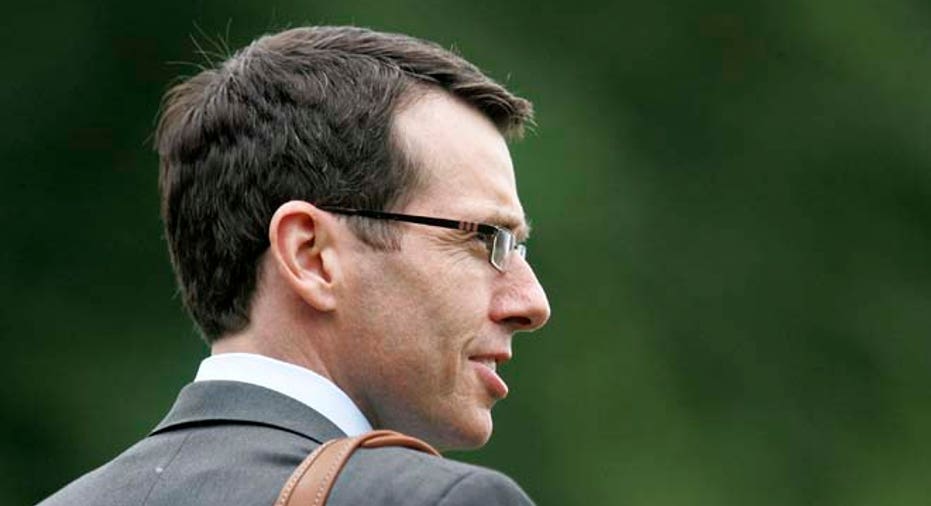Former Obama Aide Plouffe Joins Uber

SAN FRANCISCO – Uber has enlisted David Plouffe, President Barack Obama's 2008 campaign manager, to devise and run its global political and branding strategy, as the fast-expanding car rides-on-demand startup runs into stiff resistance in some cities.
The San Francisco-based company, which is waging an intense campaign against taxi drivers who fear encroachment on their turf, said in a blog post on Tuesday that Plouffe will begin in late September as senior vice president of policy and strategy.
"We needed someone who understood politics but who also had the strategic horsepower to reinvent how a campaign should be run – a campaign for a global company operating in cities from Boston and Beijing to London and Lagos," CEO Travis Kalanick said in the blog post.
Plouffe "is a proven field general and strategist who built the startup that elected a President," Kalanick said.
The Uber announcement quashes speculation in Washington that Plouffe could replace White House Chief of Staff Denis McDonough later this year.
Plouffe, 47, managed Obama's successful 2008 presidential campaign and was a top adviser for the Obama administration. He joined the White House in 2011, serving for two years as a senior adviser to the president.
He has remained close to Obama, strongly defending the president during his second term.
His decision to join Uber signals that the company, which is valued at $18 billion, making it one of the largest startups in Silicon Valley, intends to take on those opposing its expansion.
Like rival Lyft, Uber lets users call up a ride from their smartphones by using an app.
But some cities including Las Vegas have banned most app-based ride services, and Uber and other similar car ride-on-demand services face lawsuits from taxi companies hoping to keep them out of Chicago, San Francisco and Washington, D.C.
City officials in Seoul said last month they would seek a ban on Uber.
Once-firm opposition, however, appears to be crumbling in other markets. A judge in Berlin this week suspended a ban on Uber, although a final decision by the German court on its legality is still pending.
In New York City, Uber reached an agreement last month with the state attorney general to cap prices during emergencies and natural disasters to prevent price gouging, a major source of criticism against the company.
Uber often takes the approach of entering a market first and then seeking legal status later. In Austin, Texas, for example, city leaders haven’t made changes that would legalize ride services, but Uber launched a service last month.
Separately, Uber said on Tuesday it is launching a new delivery service called Cornerstone in the Washington, D.C. area. Its customers there can use Uber to order from a list of 100 household items.
(Reporting by Sarah McBride and Edwin Chan; Additional reporting by Steve Holland in Washington; Editing by Paul Simao)



















